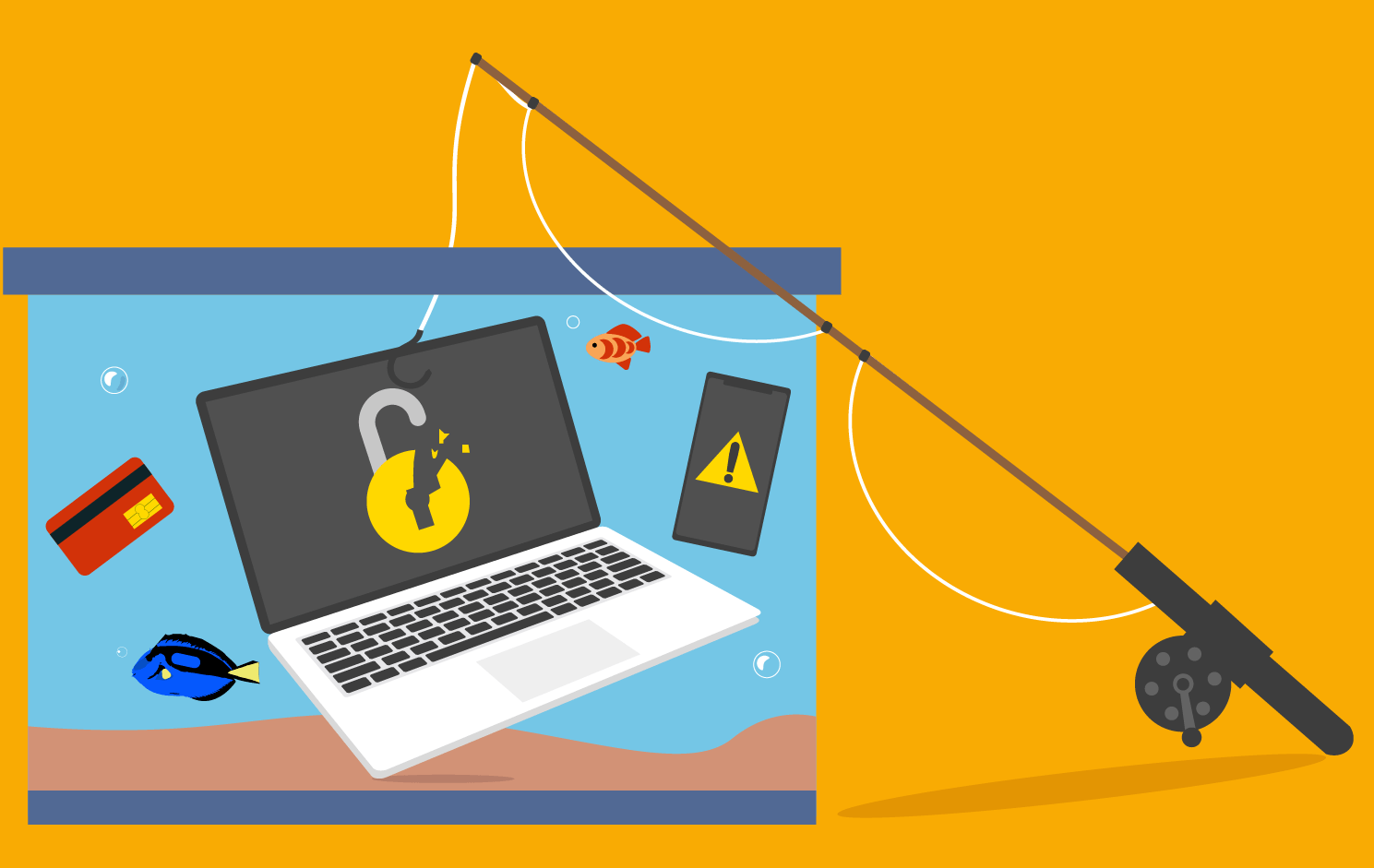Love is in the air. So are cyber scams.
February 9, 2026
A form of phishing that targets individuals, teams or departments within an organization by impersonating an individual or trusted entity to gain access to a user’s account.

Fake name
9/3/24
Rutgers University, is currently hiring Undergraduate or Graduate Students to fill the position of Remote Research Assistants on a part time basis for $400 weekly.
To proceed with the application process, submit your full name, Phone number, Alternative Email and year of study via this email address. fake-email@email.com to receive the job description and further information.
Dear Valued User,
We received a request from you to terminate your Office 365 email due to a dual college/universities account. This process has begun by our administrator. If you did not authorize this action and you have no knowledge of it, you are advised to re-verify your account. Please give us 24 hours to terminate your account if you initiated the request. Failure to re-verify will result in the closure of your account and you will lose all of my files on these 365 accounts.
Browse the URL Below in to the address bar of your web browser to re-verify and cancel the request
Note: PassPhrase means Password
Rutgersuniversityverificavarification
RUTGERS!! IT Specialist
RUTGERS IT HelpDesk Solutions Center
© 2024 RUTGERS All Rights Reserved.
Attackers gather crucial information about their targets through social media, websites or services you may subscribe to, and company websites you work for before launching their attack to make them more effective.
Cyber criminals send fake job postings under an alias to gather personal information. Other alias examples can often include a friend on social media, a family member, a service or company you use, a professor, and even your boss.
By sending spam mail to gather out-of-office messages that may provide information they can use, such as how long an individual will be absent, how they format their emails or signatures, and where they will be located (conference, medical leave, vacation, etc.) attackers can more effectively impersonate someone via email.
Attackers send falsely “urgent” messages to try and scare recipients into sharing important personal information quickly without thoroughly thinking it though.
Always verify the source of any messages requesting sensitive information to ensure you are not being scammed.
Never provide or enter your log in credentials to your accounts to unverified sources.
Be skeptical of strange, unexpected, and urgent email requests. Verify the sender’s address and use another communication channel before responding.
Do not engage with odd calls or texts requesting you to call a number, click a link, send personal information or money. Instead, contact the entity using a verified communication channel.
Limit what you share online. Keep your profiles private, be selective with your followers, turn off location services, and be wary of profiles that message you with urgent or unusual requests.
Verify unusual requests using a different channel. Technology has come a long way and scammers can use deepfake voices, videos, and images, to appear legitimate even on virtual meetings.